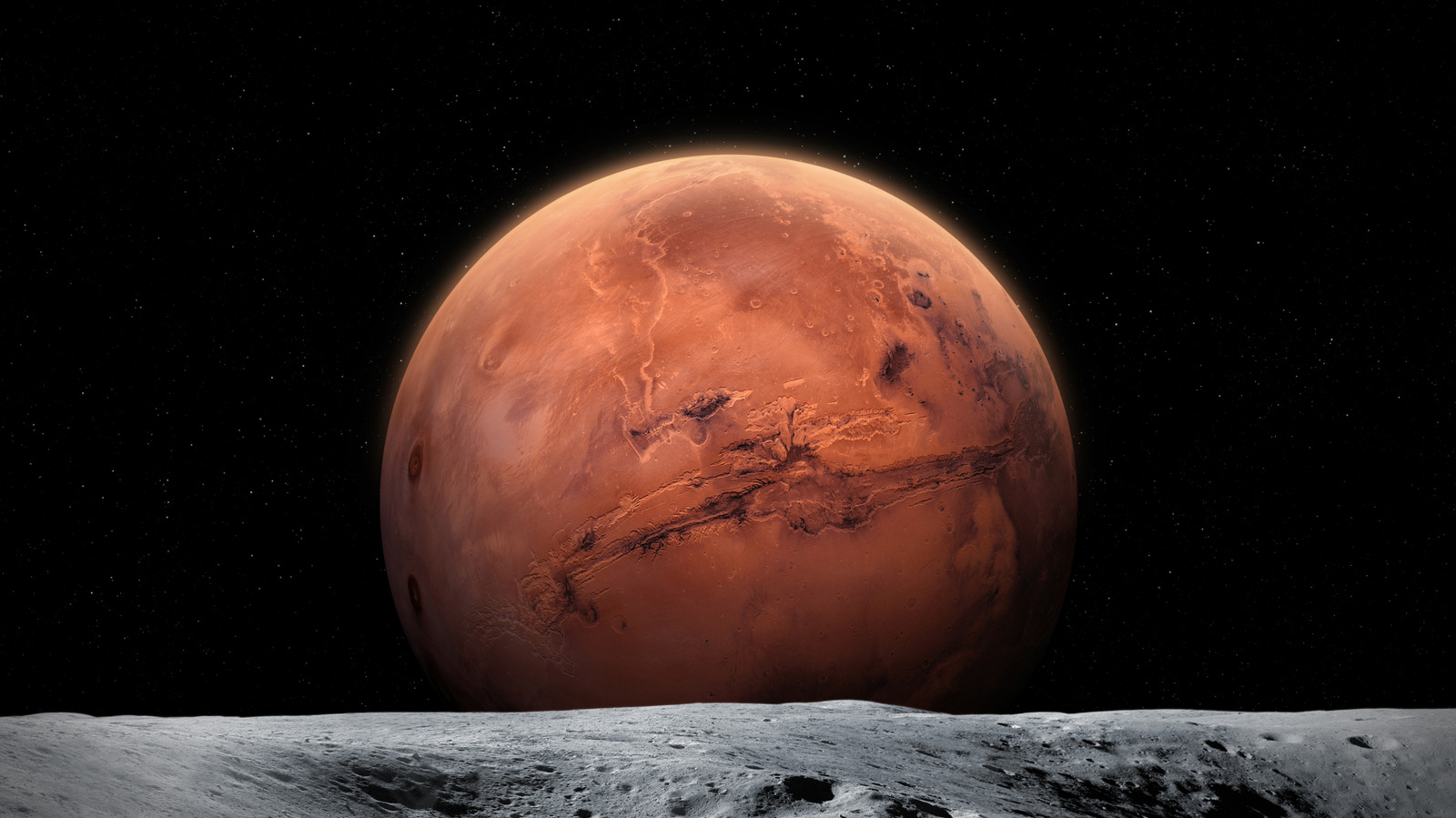Now Reading: Glaciers on Mars May Hold Surprising Truths, Study Suggests
-
01
Glaciers on Mars May Hold Surprising Truths, Study Suggests
Glaciers on Mars May Hold Surprising Truths, Study Suggests

Rapid Summary
- Mars was historically believed to have polar ice regions made largely of dry ice, with limited frozen water detected under its surface.
- Recent studies using NASA’s Mars Reconnaissance Orbiter’s Shallow radar instrument revealed Martian glaciers are composed of 80% pure ice and 20% rock/debris.
- Researchers analyzed data from five glacier sites, finding uniform electrical signatures and similar compositions across all locations. This might indicate a single glaciation event or multiple events under consistent conditions.
- The presence of glaciers suggests Mars once experienced significant snowfall and frost, impacting its climate history and possibly resembling Earth’s climate patterns in the past.
- These findings propose new opportunities for human exploration on Mars, as pure ice could be used for water or fuel production, reducing dependency on resources transported from Earth.
Indian Opinion Analysis
The discovery of high-purity martian glaciers represents a pivotal advancement in planetary science. From India’s outlook as an emerging space power with ambitious goals (e.g., ISRO’s missions including Chandrayaan and mangalyaan), this breakthrough could influence future national strategies regarding interplanetary exploration. India’s burgeoning partnership with global agencies like NASA may provide avenues for collaborative research into resource extraction on Mars-a critical step toward lasting extraterrestrial missions.
Moreover, studying Martian climate evolution might offer insights relevant to Earth’s environmental challenges. India’s scientific community has heavily invested in understanding climate systems through various satellite programs (e.g., RISAT series). Leveraging these developments alongside such international findings may enhance our ability to address climate change locally while contributing globally to planetary science innovation.
Ultimately, the identification of substantial water reservoirs not only boosts prospects for human settlement but also aligns with broader purposes of space diplomacy-where advancements benefit nations equitably by expanding knowledge frontiers together.
read More: Link


























